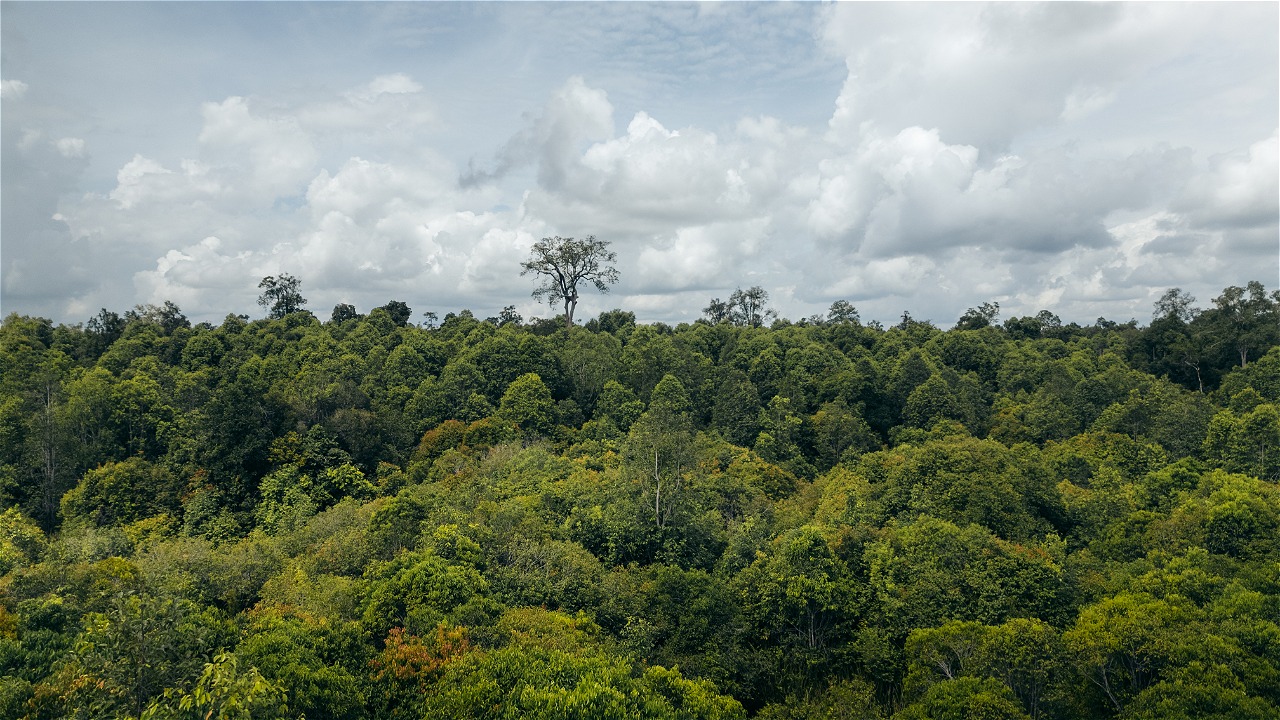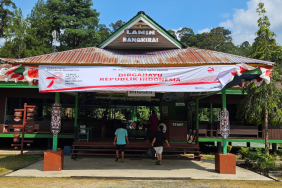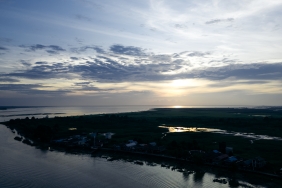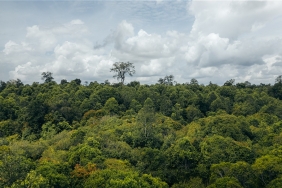GREEN ECONOMY ACTION - ACRE AND SABAH AT RIO+20 SUMMIT
In one of the conferences at the Rio+20 Summit in Brazil, June 2012, themed Forest Green Economy and South-South Cooperation, two regions located in different parts of the world, showed the steps that have been taken to preserve their rainforests.
The Acre Delegation - a forest region located in the interior of the Brazilian Amazon - and the Sabah Delegation - a region of Borneo that is home to the iconic orangutan - met and discussed their efforts towards a green economy.
Both delegations explained how they have found ways to sustainably use forests to generate income and employment for local communities in their respective regions, while at the same time reducing the adverse impacts of human activities and maintaining the balance of nature.
The conference profiled a historic moment, the signing of a new Memorandum of Agreement between Acre and Sabah to achieve a green economy with an emphasis on south-south cooperation. Both delegations have committed to safeguarding forests for the future.
Acre's Governor, Tiao Viana, said "Now we can show Brazil and the world, a demonstration that you can live, produce and preserve the Amazon."
Tiao Viana spoke of the need for more funding from the private sector to help realize a real green economy, as they are also working towards in the Amazon.
Sabah's Director of Forestry, Datuk Sam Mannan, spoke of the need for practical action to tackle deforestation - and a new mindset to build a sustainable economy in economic and environmental terms.
According to Maria Cecilia Wey de Brito, CEO of WWF-Brazil who was present at this significant moment for the Green Economy movement, the collaboration between Acre and Sabah shows concrete actions towards sustainable development, which can provide inspiration for us all.
"The common ground of these two subnational governments is a demonstration that two regions with similar features and amazing biodiversity, although located at a great distance, can exchange ideas with each other," said Maria.
WWF is working in partnership with the Acre LGU on a green system where residents are supported to live off the remaining forest. Meanwhile, in Sabah, WWF and the LGU are working together to stop the tide of destruction by oil palm production by implementing a ban on the practice of tilling the soil. This is one of many examples of how WWF is working with local governments on the ground to build a Green Economy vision.
To find out how the Green Economy works, particularly in the Heart of Borneo region, with an introduction from Sir David Attenborough, please visit www.hobgreeneconomy.org and download the report Heart of Borneo: Investing in Nature for a Green Economy..





